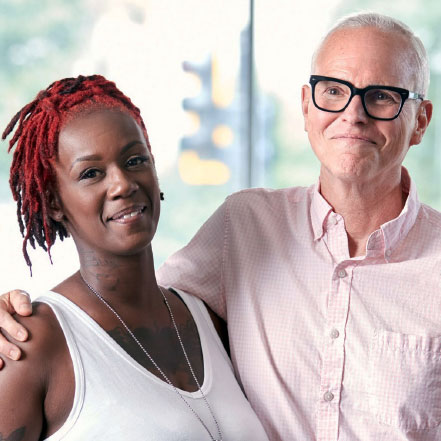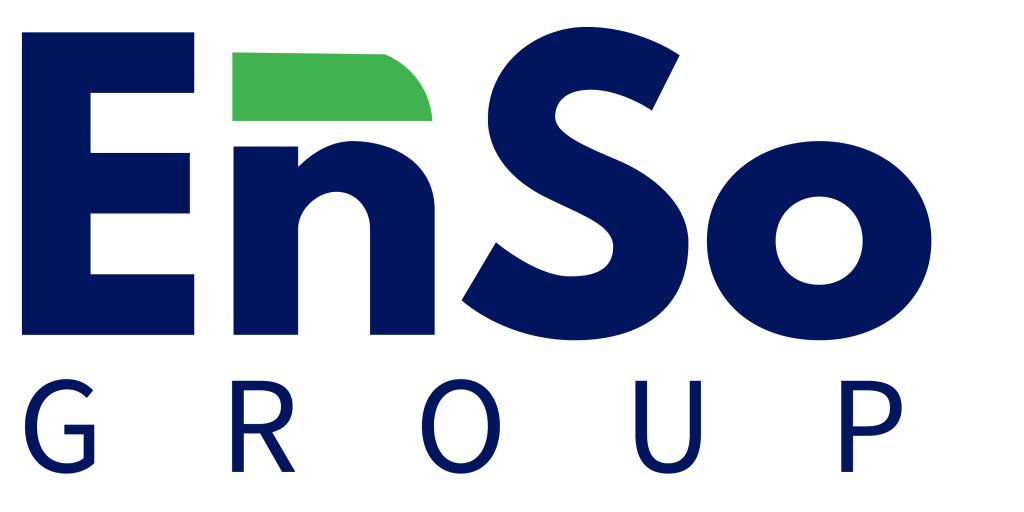
Featured in Franchise Dictionary Magazine’s June 2023 Issue
Recently, David Dow was recognized in Franchise Dictionary Magazine for his philanthropic work as an individual and a business owner.
An excerpt of the article reads:

“In 2020, when it came time for Dow to choose a new career path, a franchise seemed like the best way to empower his work with nonprofits.
‘I eventually purchased a Schooley Mitchell franchise because I came to realize that I could build my office and my brand to serve nonprofits locally and around the country,’ Dow explained.
He’s now in his third year with Schooley Mitchell and has devoted the majority of his time to serving nonprofits with a uniquely qualified business model to help them.”
To read the full article, click here.


